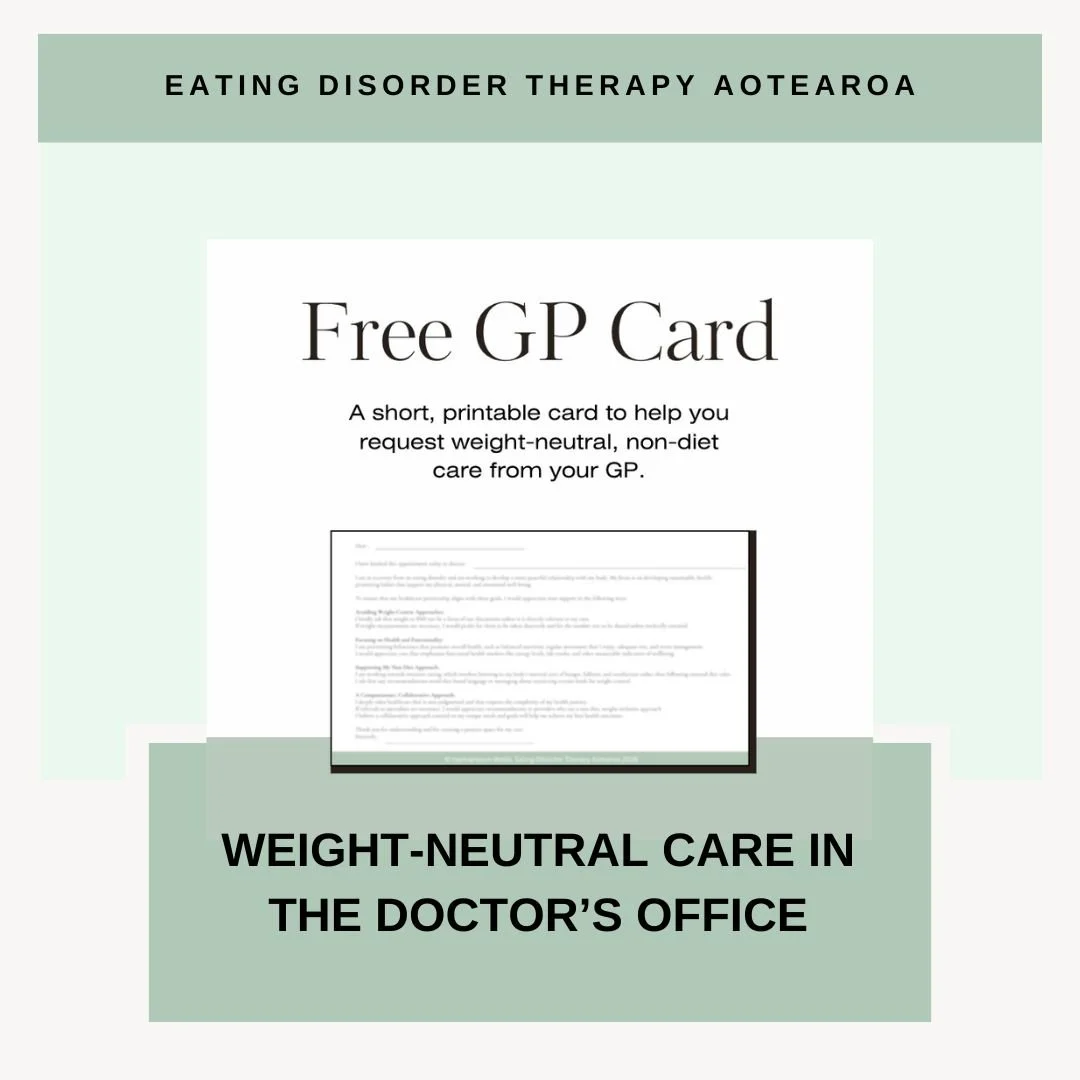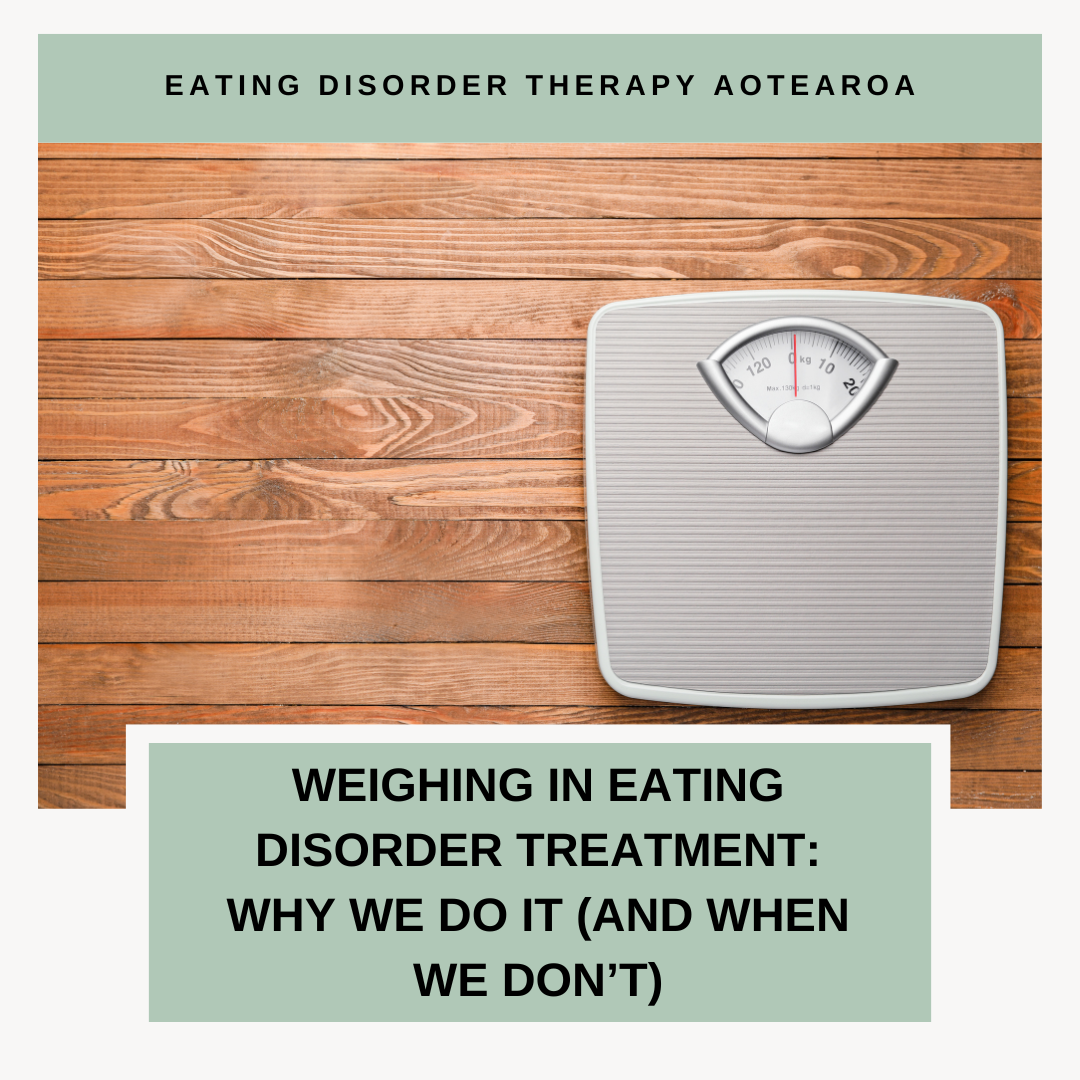Weight Neutral Care in the Doctor’s Office
Weight-focused medical care can undermine eating disorder recovery, especially for people in larger bodies. This post explores why weight stigma is so common in healthcare and shares a free, printable GP card to help patients request weight-neutral, non-diet care.
Weighing in Eating Disorder Treatment: Why We Do It (and When We Don’t)
Being weighed in eating disorder treatment can feel confronting, confusing, or even re-traumatising. In this article, I explain why weighing is often used in evidence-based care, how my own approach has evolved over time, and when flexibility is both ethical and necessary.
“SkinnyTok” and the Illusion of Effortless Thinness
TikTok’s “SkinnyTok” trend presents an illusion of effortless thinness while obscuring the restrictive and often harmful behaviours required to maintain such bodies. A growing counter-trend offers a refreshing challenge by normalising flexible, adequate, and non-restrictive eating. This article explores both movements, their psychological impact, and why neither shows the full picture of what healthy eating or wellbeing truly looks like.
Food as Currency: “What Am I Buying Today?”
What if food wasn’t something to control, earn or justify, but a form of currency that keeps your body’s systems running? Every cell you grow, every thought you think, and every emotion you feel has an energy cost. In this blog, I explore a powerful metaphor shared by one of my clients: food as biological currency. Each meal becomes an investment - in focus, strength, patience, or joy. So next time you eat, ask yourself: What am I buying today?
How Eating Disorders Disrupt Hunger and Fullness Cues
Eating disorders can make hunger and fullness cues confusing or unreliable. Hormones like ghrelin and leptin, which normally regulate appetite, become disrupted by restriction, bingeing, or purging. Hunger may show up in ways beyond a rumbling stomach - from shakiness and lightheadedness to food preoccupation, irritability, or trouble concentrating. Recovery involves relearning how to notice and trust these signals.





